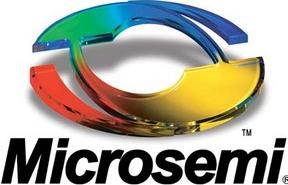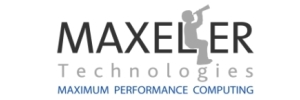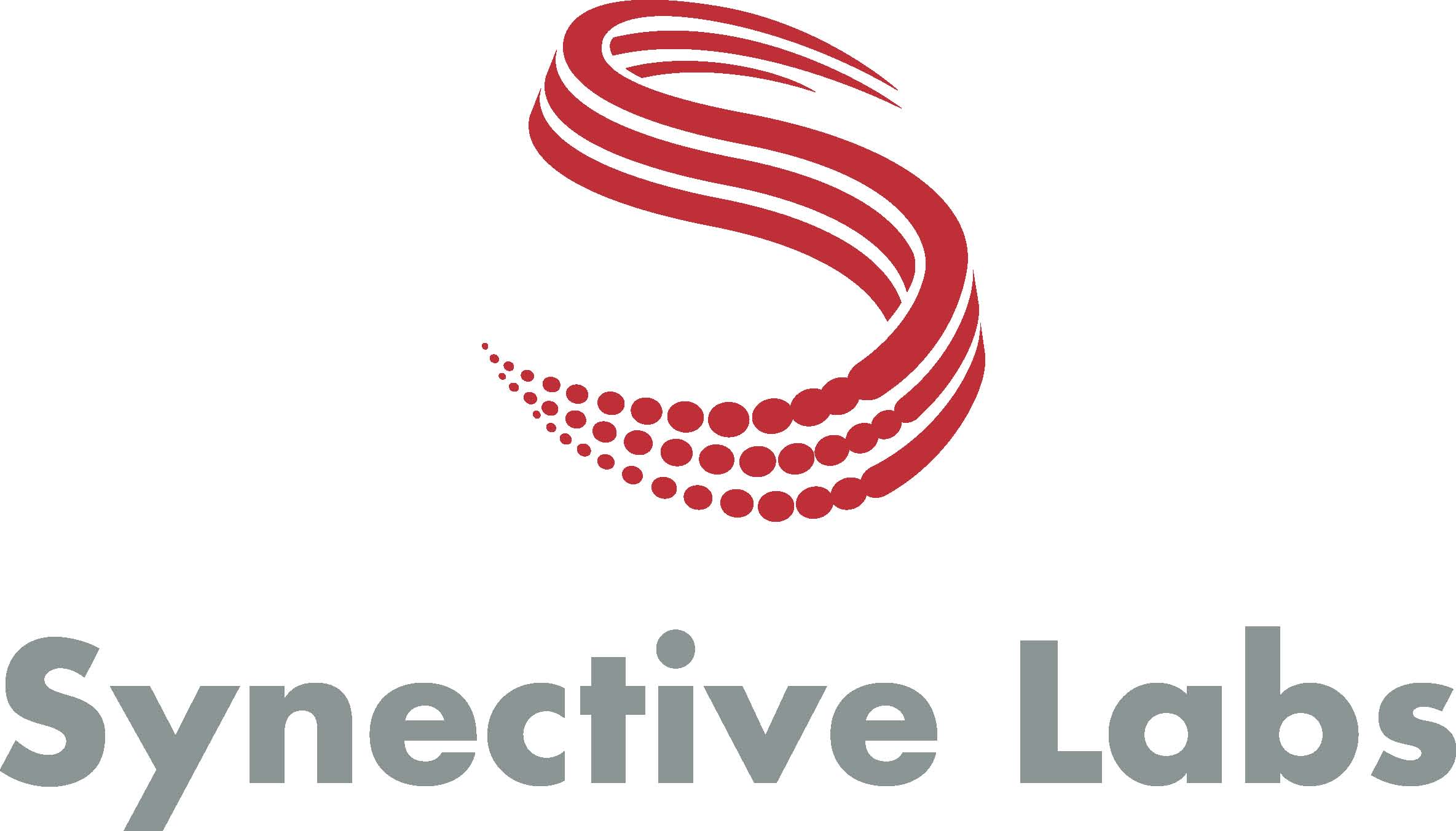Magnus Peterson (Synective)
Partitioning ANSI C Between CPUs and FPGAs for Improved Throughput and Reduced Power
Abstract
FPGAs are carving out a niche as CPU offload processors, squeezing more performance out of the same footprint, with equal or less power. Approximately 80% of algorithms are developed in ANSI C so the IP is there, if it can be easily split and portions routed to hardware. If we can work with ANSI C throughout the whole process, for both the CPU part and the FPGA part of the algorithm, we can verify the complete solution fully on a CPU and then in a later step find the most efficient partitioning between the CPU and the FPGA, without changing any code. The design can also be easily be migrated to newer FPGAs in a given brand, or to another FPGA brands. This short presentation covers how ImpulseC can be used to successfully profile, refactor and partition parts of a C design into an FPGA for overall system improvement, while maintaining the migrate-ability and equivalency of the code.
Magnus Peterson (Synective)
Solving "Big Data Analytics" Problems Using the Convey Heterogeneous Architecture
Abstract
Data-Intensive Computing is showing increasing importance in many fields like bioinformatics, data analytics and security. These graph related algorithms perform poorly on traditional computer architectures where their random data access patterns put a large burden on the memory subsystems, optimized for sequential access. This brief talk show how the Convey heterogeneous system can solve this category of problems with outstanding performance, minimal footprint and at ultra low power consumption.
Jaco Naude (CSIR)
Scineric Workspace - Structured File, Build and Package Management
Abstract
Scineric Workspace is a product which allows you to manage any arbitrary group of files and processes using a set of customizable rules. Focusing strongly on the processes involved in firmware development, it provides seamless integration with tools from multiple vendors allowing it to fit into your current workflow with little effort. It runs on top of IP-XACT based repositories, packing your designs in an industry standard format. We are re-imagining the way firmware engineers manage and share their designs, one step at a time.











